When it comes to manufacturing electric toothbrushes, the quality and performance of the motor play a pivotal role. Whether a factory has its own motor production line or relies on outsourced motors can significantly impact product quality, cost, and delivery timelines. In this article, as a sonic electric toothbrush manufacturer, we’ll explore the differences between these two approaches, focusing on how owning an electric toothbrush motor production line can be a game-changer for manufacturers.
A factory with its own motor production line has full control over the production process, allowing it to ensure consistent quality standards. These factories can implement rigorous testing protocols to meet specific performance requirements, resulting in higher reliability and longevity of the motors.
On the other hand, factories relying on outsourced motors often face variability in quality due to limited oversight. Additionally, customization options for outsourced motors may be restricted, as the factory must work within the supplier’s capabilities and timelines.
While setting up an electric toothbrush motor production line requires a substantial upfront investment, it can lead to long-term cost savings. By producing motors in-house, factories can reduce reliance on third-party suppliers, lower production costs, and increase profit margins.
Factories outsourcing motors, however, often face higher costs per unit due to markups from suppliers. This approach can also make it harder to maintain competitive pricing in the market, especially for large-scale orders. Covering 3000㎡workshop, Powsmart has its own sonic motor production line. All of the motor we used are designed and developed by ourselves. https://www.powsmart.com/
Factories with in-house motor production have greater flexibility to adjust production schedules based on demand fluctuations. This agility can significantly reduce lead times and ensure faster delivery to customers. For example, a manufacturer with its own motor production line can quickly respond to custom orders or ramp up production during peak seasons.
In contrast, factories relying on outsourced motors are subject to the supplier’s schedules and potential delays in the supply chain. This dependency can lead to longer lead times, which may impact the factory’s ability to meet customer expectations.
Owning an electric toothbrush motor production line provides a distinct competitive advantage. Manufacturers can highlight the ability to produce high-quality, customized motors as a key selling point, attracting clients who prioritize performance and reliability. Additionally, this control over the motor production process allows for continuous innovation and differentiation in the market.
Factories relying on outsourced motors may struggle to differentiate their products, as they are limited by the capabilities and specifications provided by their suppliers. This limitation can make it harder to stand out in the competitive electric toothbrush industry.
The decision to have an own motor production line or rely on outsourcing depends on a factory’s priorities and resources. While outsourcing may seem cost-effective initially, the benefits of in-house motor production—such as enhanced quality control, cost efficiency, and production flexibility—can significantly outweigh the initial investment. For electric toothbrush manufacturers aiming to lead in innovation and reliability, establishing an electric toothbrush motor production line is a strategic move that ensures long-term success in a competitive market.
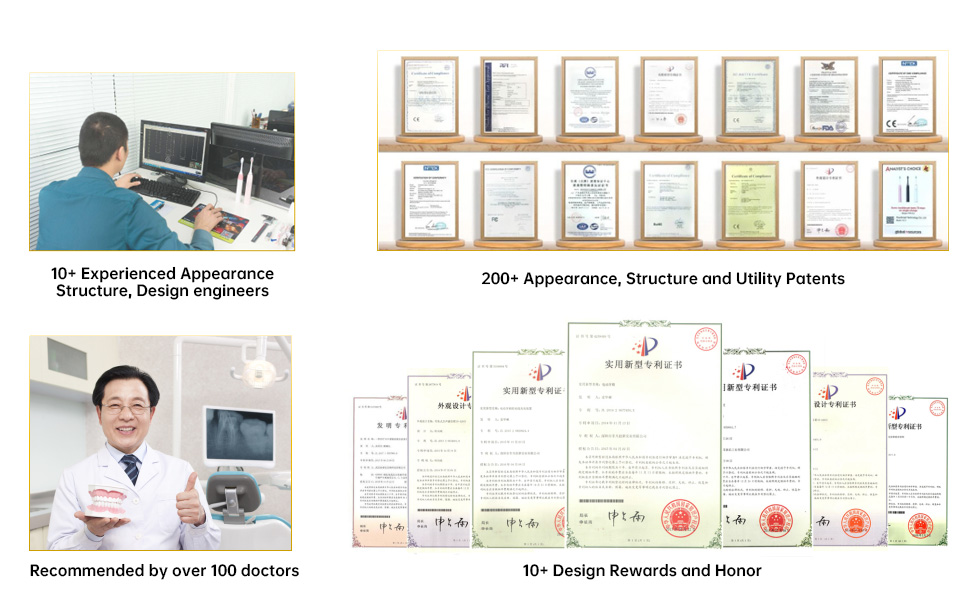
How to Judge Whether a factory’s R&D capabilities Is Strong?
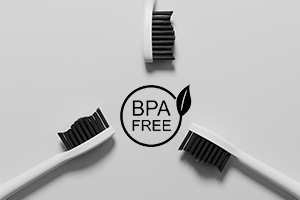
Zoom in 100 Times! What is Special About the Bristles of Electric Toothbrushes?
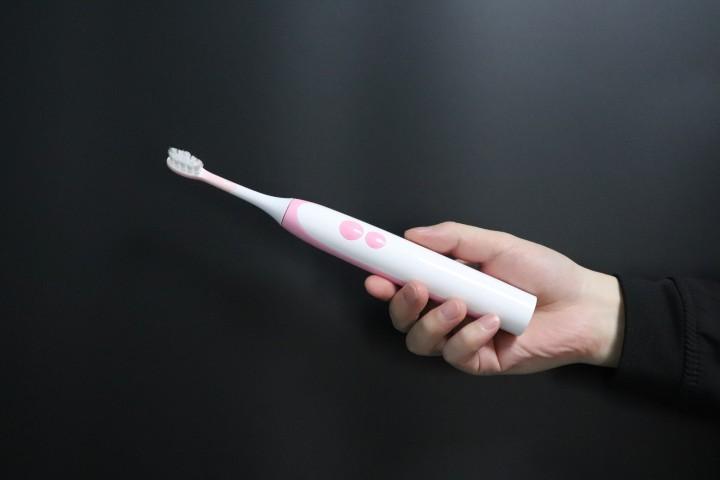
How Can an Electric Toothbrush Improve Your Oral Hygiene Habits?
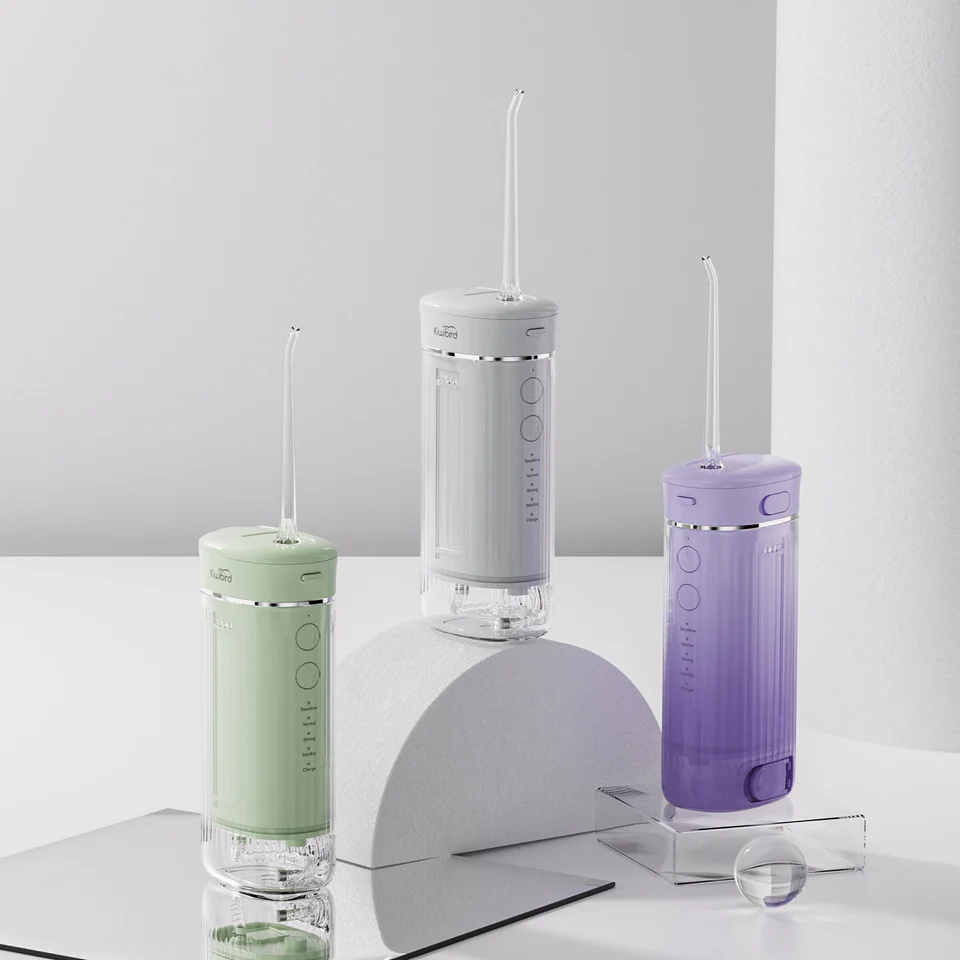
The Revolutionary Impact of Gravity Ball Design on Water Flosser Performance
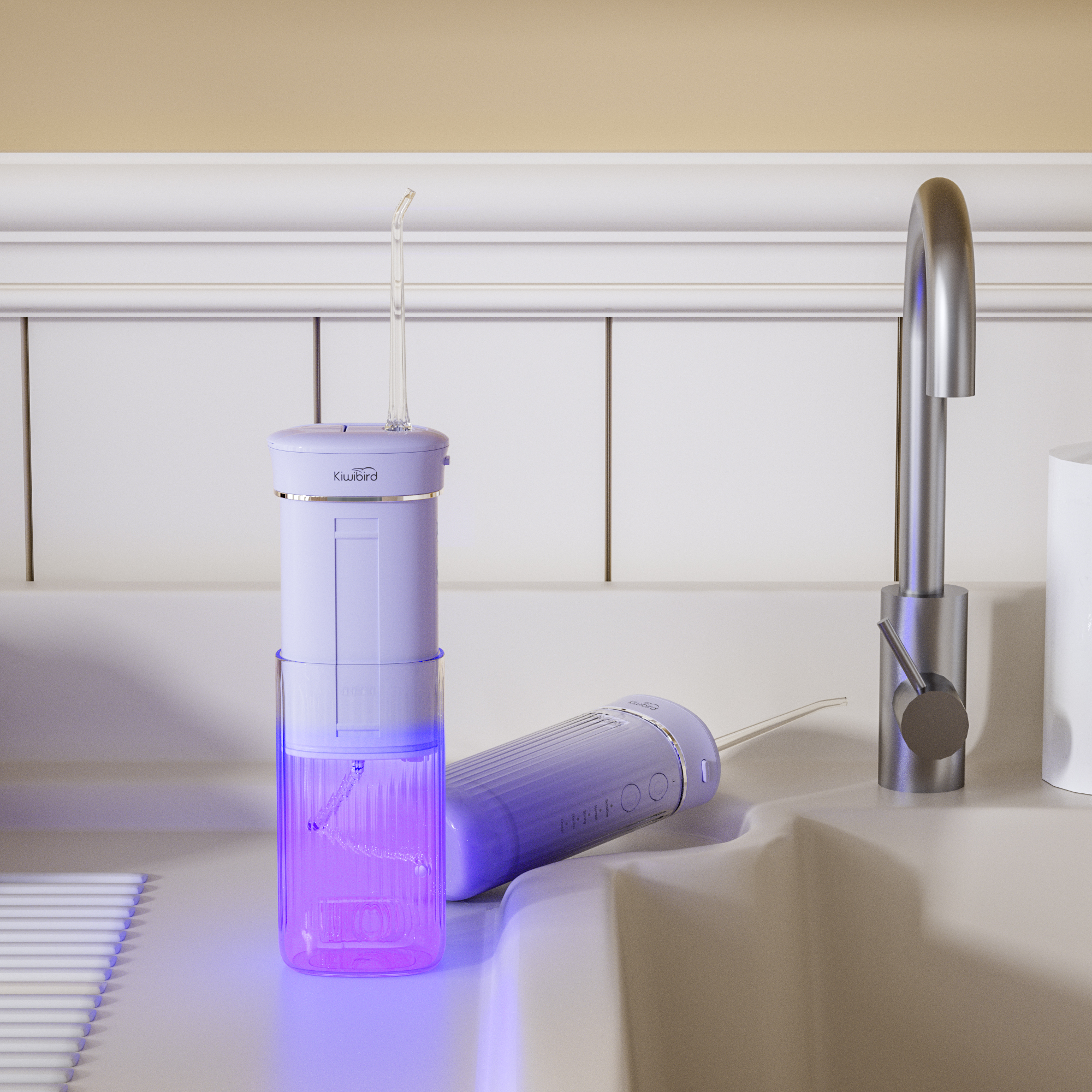
How Water Pump Technology Revolutionizes Water Flosser Performance
Does Device Discoloration Signal Gum Recession Triggers?
Can Charging Base Instability Worsen Whitening Inefficacy?
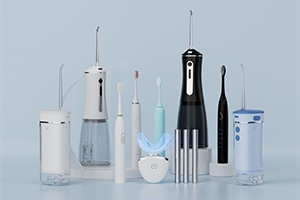
Tips for Brushing Your Teeth Quickly and Cleanly with an Electric Toothbrush
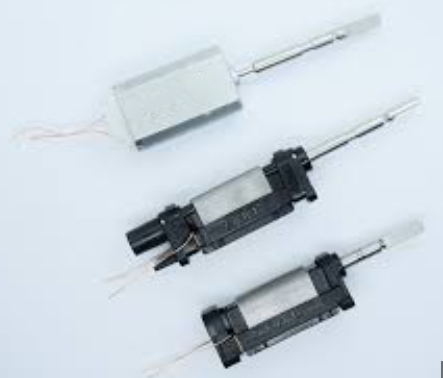
Analysis of the Core Components of Electric Toothbrushes: How Do High-Performance Motors Improve Cleaning Efficiency?
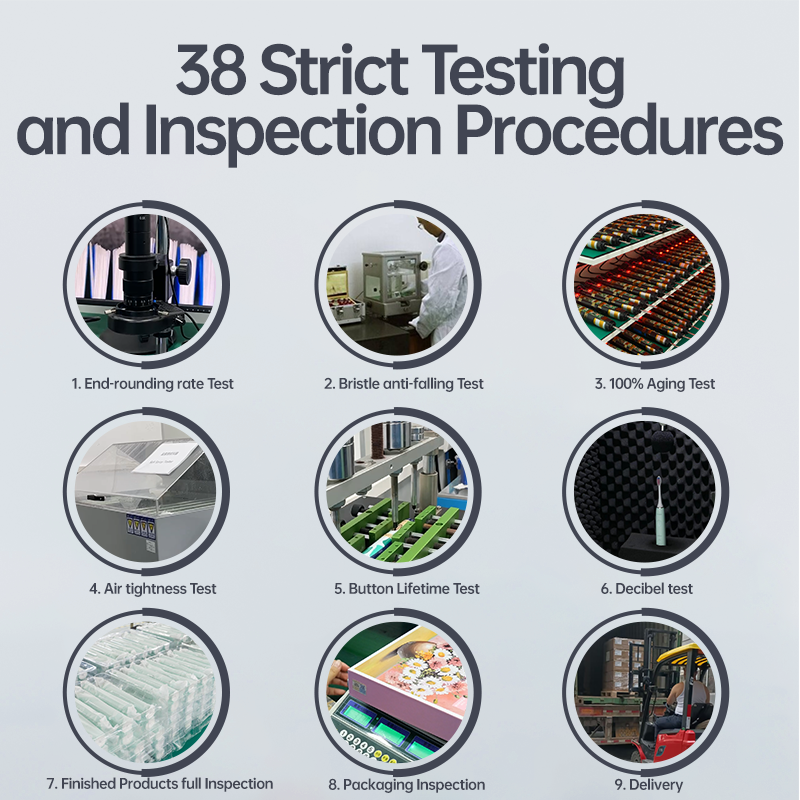
How to Ensure That a Factory’s Quality Control Process is Strict and Standardized
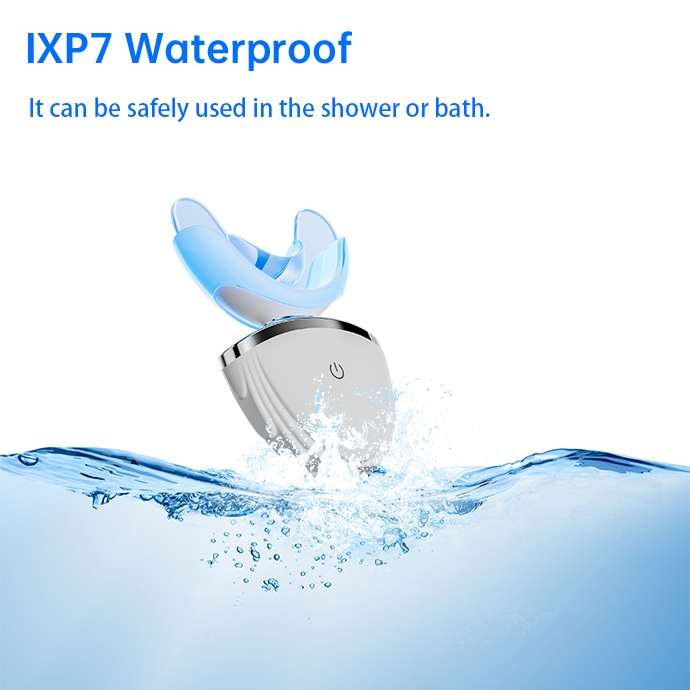
How Much Do You Know About the Manufacturing Industry of Home Teeth Whitening Products?

Is It Wise to Replace Your Toothbrush After an Illness? A Professional Guide

Why Choose Us? Five Advantages of a Professional Manufacturer of UV Sterilizing Water Flossers

What is the Proofing Process of Electric Toothbrush?
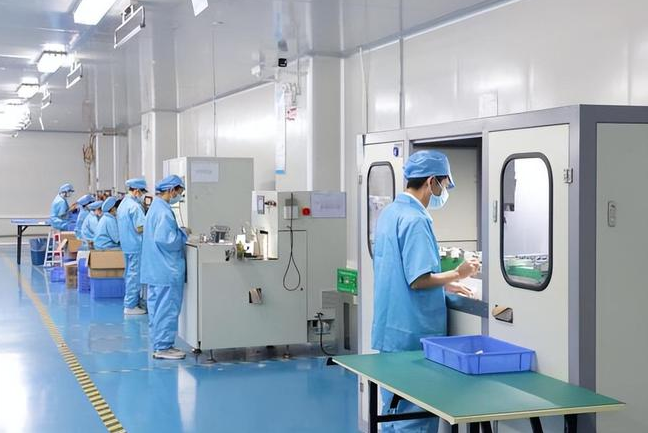
The Difference Between a Dry Battery Toothbrush, a Sonic Electric Toothbrush, and a Rotary Electric Toothbrush
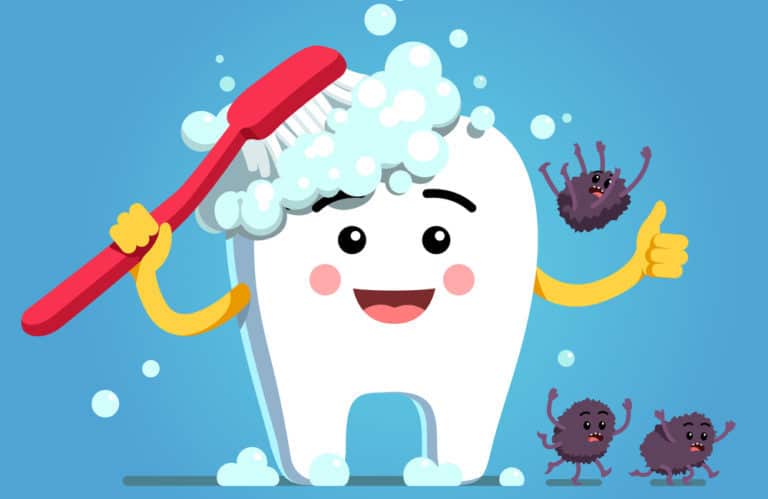
Can the Elderly Use Electric Toothbrushes?
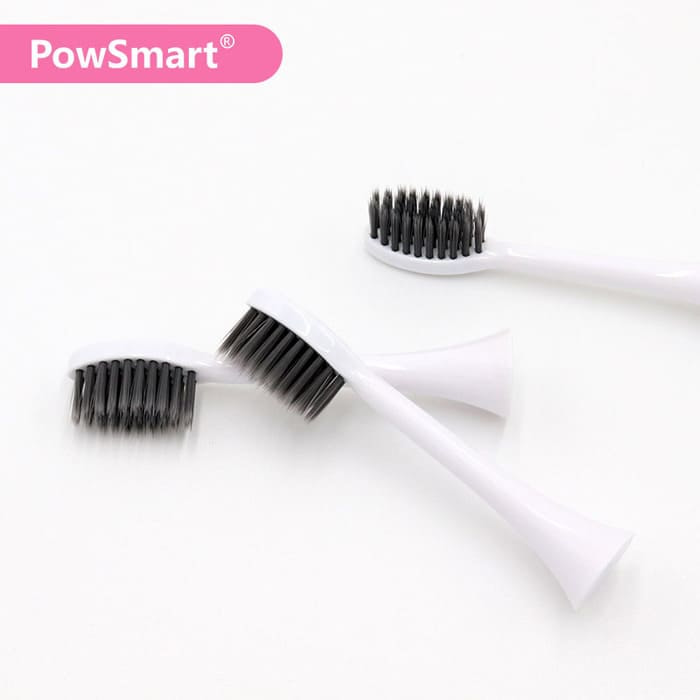
electric toothbrush heads Charcoal Infuse-Round
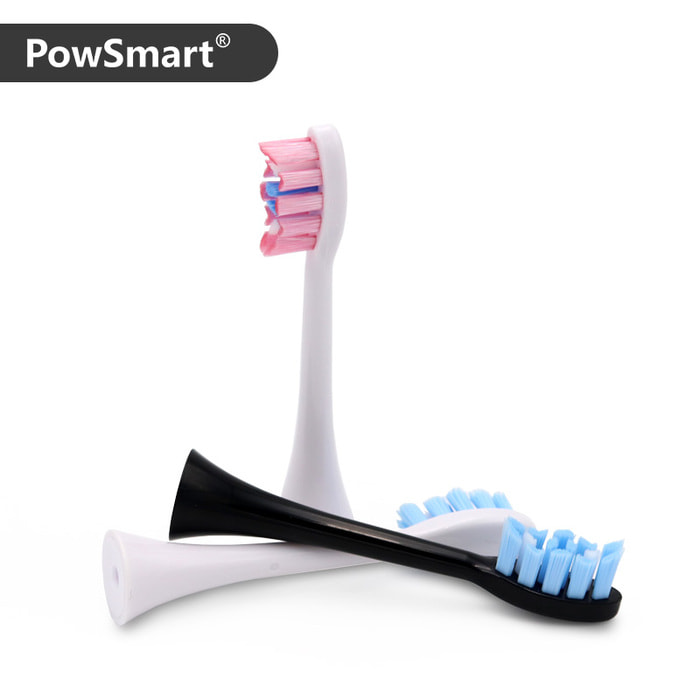
electric toothbrush heads Deep Clean
.jpg)
Florida Electric Toothbrush – Powsmart PTR-C8
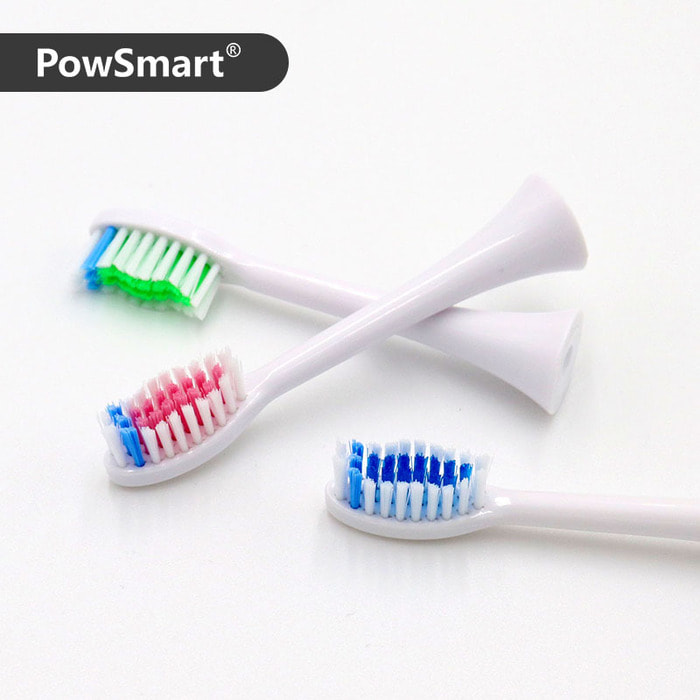
electric toothbrush heads Regular Clean
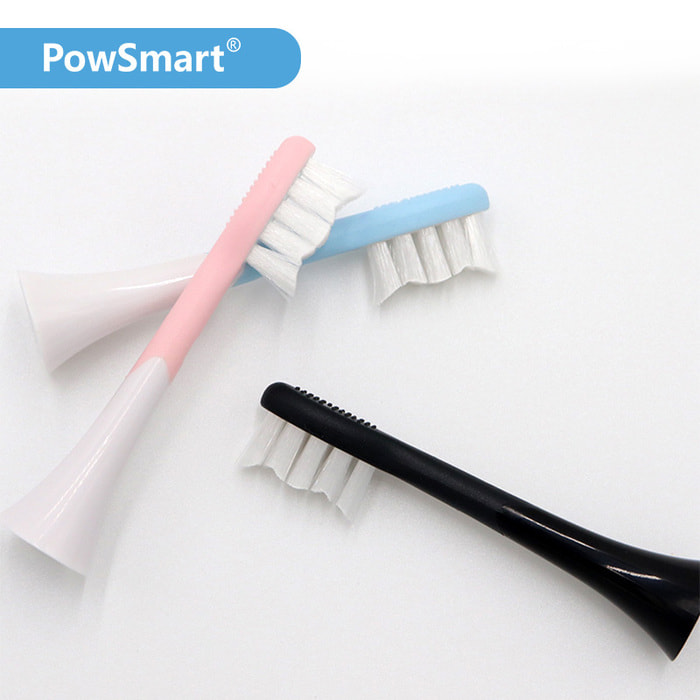
electric toothbrush heads Ultra Soft
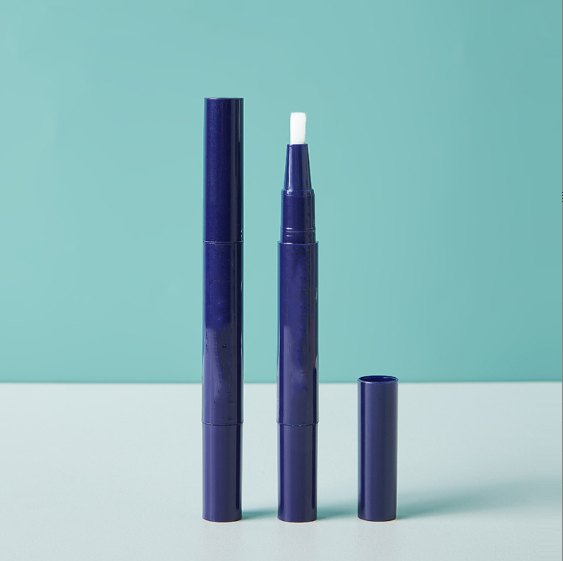
Private Label Whitening Gel
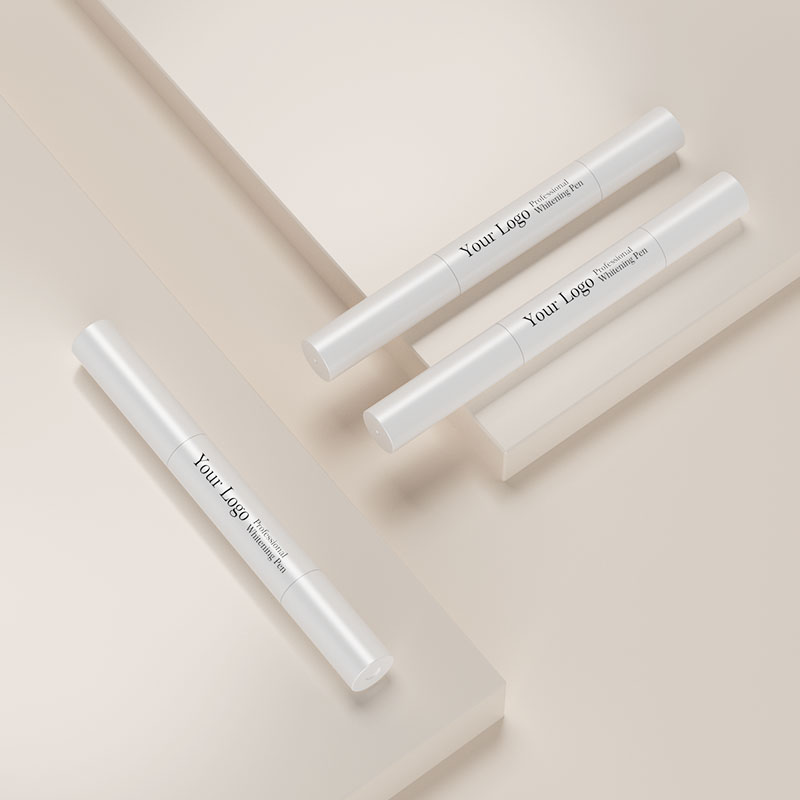
Customization Teeth Whitening Gel
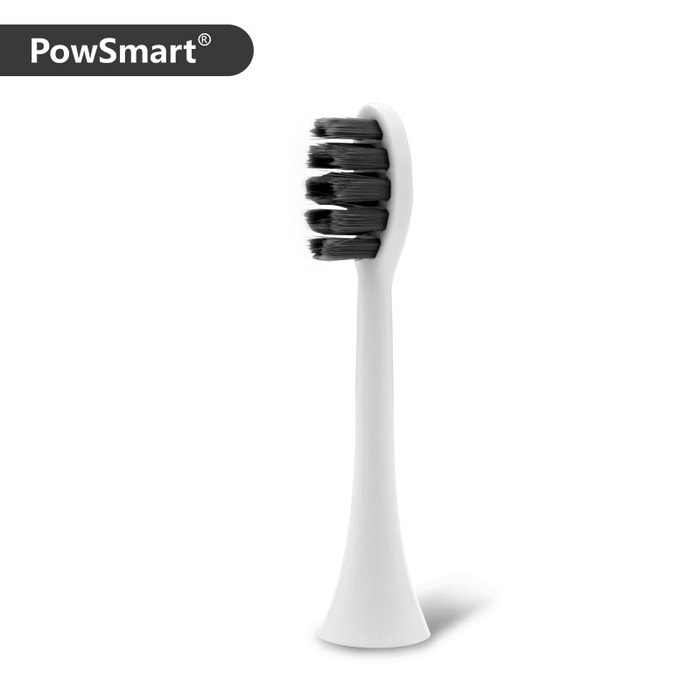
Electric toothbrush heads Charcoal Infused-Diamond
whstapp
whstapp
National Toll-Free Service Hotline
+86 755 86238638